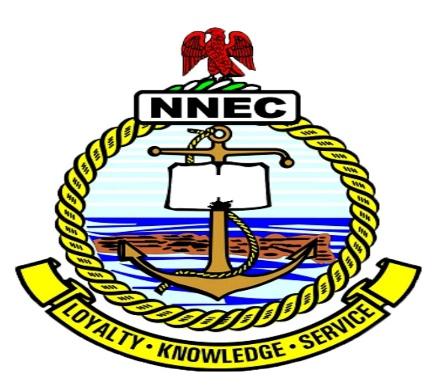

Commander MR ADAMU
COMMANDING OFFICER – Basic Mechanics Course School
Know more about us
Basic Engineering School (BES) is one of the 8 Schools in the Nigerian Naval Engineering College Sapele. It is the first point of call to most Under Training Ratings. The BES as the name implies is therefore the foundational class in NNEC, where most training activities started before advancing to other major schools. The School was established to cater for the Mechanics. technical ratings who did not meet up the requirements for Artificer courses as they are deployed/drafted to BES for basic engineering training and subsequently for Leading Mechanic Course.
The School is also saddled with the responsibility of Training Nigerian Navy (NN) personnel for the maintenance of equipment onboard various NN platforms. It is important to note that one of the key priorities of the CNS Strategic Directives is zero tolerance to anti- bunkering and anti – piracy activities, hence, more platforms are being acquired by the NN. Accordingly, the need for intensive training of personnel to man and maintain equipment and armament onboard the acquired platforms cannot be over emphasized.
CONDUCT OF TRAINING IN BASIC ENGINEERING SCHOOL
The training in BES is divided into 2 phases, they are, the Academic Phase and the Professional Phase. During the Academic Phase, Under Training Personnel (UTPs) are taught the Basic Engineering principles and general knowledge. It is worthy to note that the academic Phase is very important to sharpen the mind of the UTPs and serve as a work up exercise towards their training. The following subjects form part of the academic phase and are handled by seasoned and qualified instructors. The subjects include, Basic Mathematics, Engineering Science, Engineering drawing, Use of English, Military history, Maritime domain Awareness and French. On completion of the academic phase, the would advance for their various respective professional courses, such as the 2nd and 3rd Rate Firemen Courses, Motor Transport Division Courses and Petty Officer Marine /Weapon Electrical Engineering Qualifying Courses amongst others at their various schools. However, Leading Mechanic Course (LMC) and Basic Mechanic Course (BMC) trainees would continue their professional phase of the training in the BES.
Currently, a total of 39 UTRs are undergoing professional phase of their trainings in BES, comprising 13 LMC and 26 BMC. The training is conducted mainly in workshops and laboratories.
